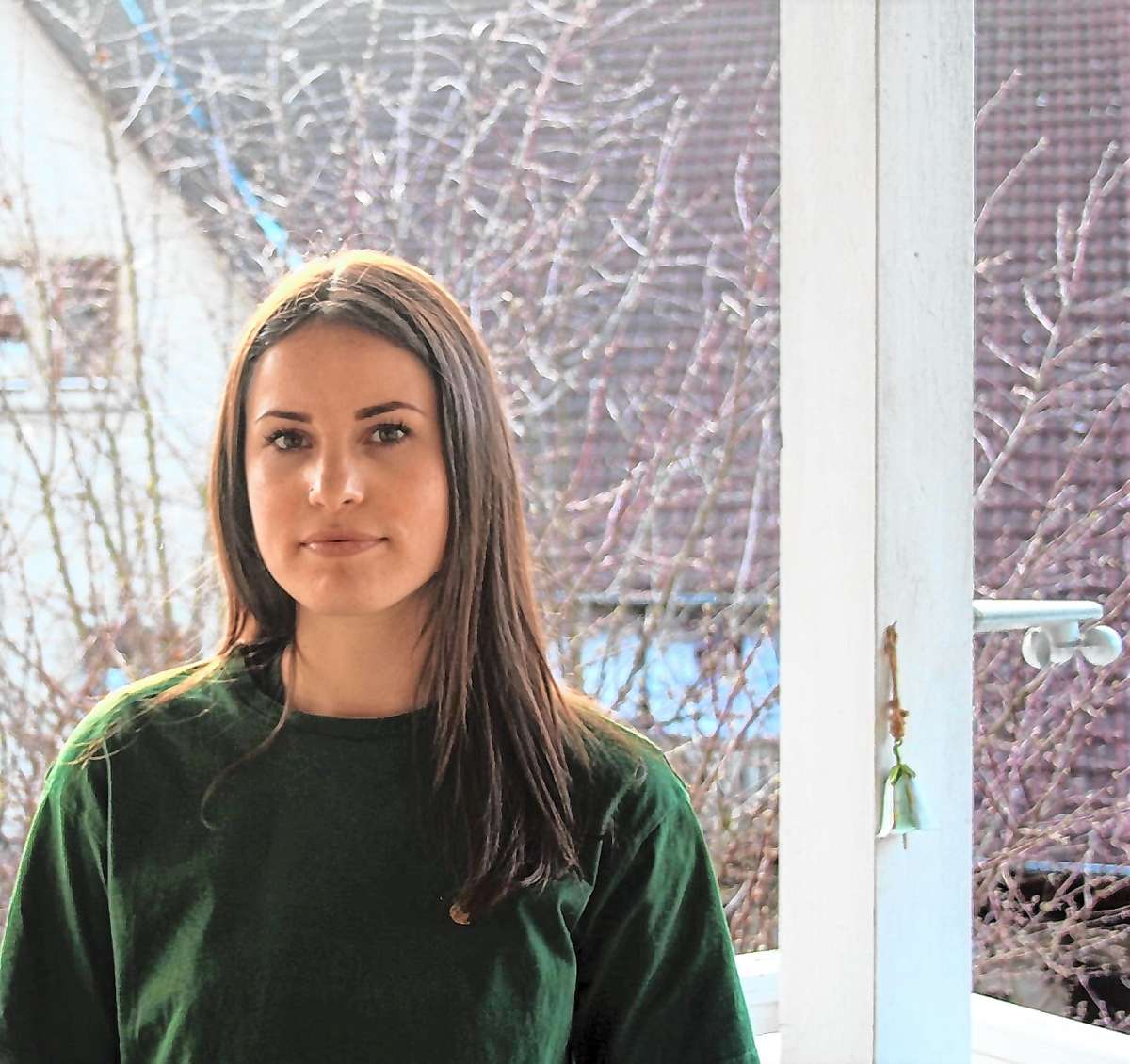The direct candidates of the major parties were portrayed on a full page in the newspaper. On the other hand, we did not have such a media presence. Many did not even know that we existed. However, it is gratifying that we have achieved our goal of raising awareness of the climate targets. I noticed this especially in my personal environment, as such a start at the state parliament level creates a whole new level of awareness for the topic.
Question: What is the mood like among the climate list supporters after the lost election?
It is different. There are people who quit. But we also have new member inquiries. The board wants to restructure itself and reflect on the election. There are also internal discussions about how to proceed. We definitely want to continue campaigning for climate justice in politics.
Question: The climate list only approved its program a week before the election. Was that too short-term to convince the voter?
The electoral program was passed at short notice because we had technical difficulties at the party congress. The draft program, however, was already fixed beforehand. But I also know that many citizens do not read through any election manifestos. Rather, many use the Wahl-O-Mat to determine which party represents their own convictions.
Question: Can a grassroots movement like the climate list be successful if it is not supported by the mass effective “Fridays for Future” movement (FFF)?
The FFF movement just wants to make it clear that it remains non-partisan and that it is differentiating itself from us. Likewise, there are people in the climate list who are active at FFF or who make themselves strong there. The more voices for climate justice, the better. Both environmental movements are concerned with climate justice.
Critics, on the other hand, complain that the Greens have been in parliament longer and that they should first be strengthened before a new movement is founded. However, breaking through established party structures takes a lot of time, which we do not have to achieve our climate goals.
We see ourselves as an alternative for consistent climate protection. We would also be happy if we could support the Greens with suggestions and proposed measures. We’re all in the same boat.
Question: You recently met with Josha Frey, Member of the Green Parliament. How did that happen?
After joining the climate list, I got really excited about politics. This is a way to have a say in important decisions. Frey got around 36 percent in the state elections, and I congratulated him on his election result.
I wrote to him my suggestions for the upcoming negotiations in order to bring effective climate protection into the state parliament. He then invited me for a corona-compliant walk. We exchanged ideas about our paths in politics, the outcome of the elections and new opportunities in climate protection policy.
Question: Are there any tendencies towards dissolution of the climate list or are you not being impressed by this election damper?
We will continue to fight for climate protection and are not thinking of dissolving it. There are also opportunities at the municipal level. In Marburg we entered the city council with four people. We see it as a success that we have increasingly placed the focus on climate protection in addition to Corona in the state election campaign.
Question: How is the climate list organized?
We meet regularly in plenary on Tuesdays. We also have a podcast called “Klimakiste” that can be heard on Spotify. I’m also in an episode. I am talking about nutrition, the possibilities of agriculture and climate justice.
Question: One more question about yourself. You are studying Sustainable Agriculture and Food Management in Nürtingen. Where do you work after you’ve completed your master’s degree?
For example in environmental management (including water management, resource management, green technologies) or in agricultural promotion. During my studies, I deal with international agricultural policy, the global food situation and animal welfare, among other things.
Agricultural and food economists not only work in administrations as climate protection managers, but also in the private sector. Many companies design their production processes to be more sustainable, also in order to be future-proof. In doing so, you save water and plastic, for example, which not only benefits the environment, but also your wallet in the long term.
– .


